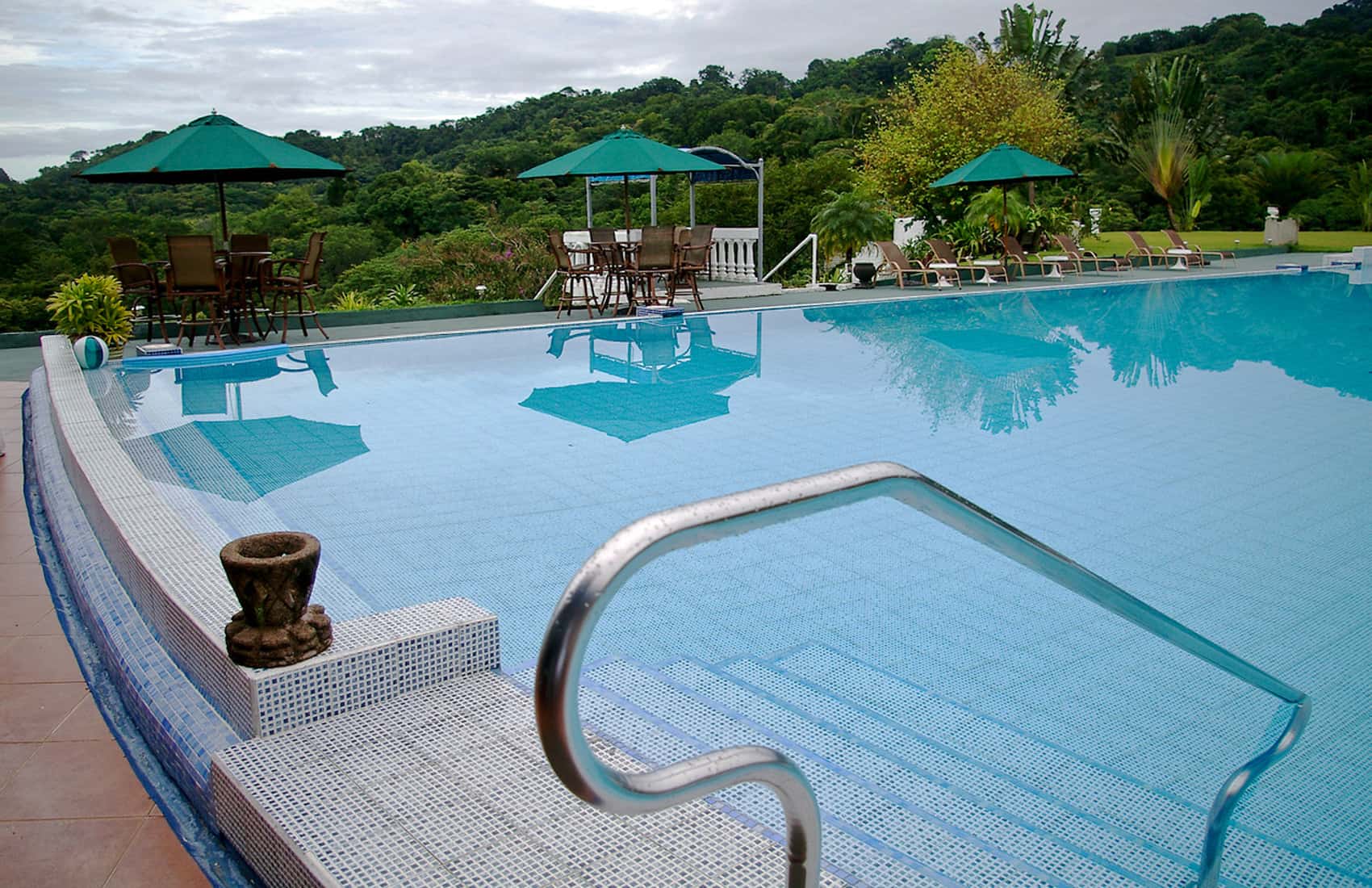In an ongoing row between tourism business chambers and the administration of President Luis Guillermo Solís, tourism sector leaders on Tuesday evening had the opportunity to voice their complaints in a meeting at Casa Presidencial.
Chambers representatives and business owners accepted an invitation from the government and used the opportunity to criticize what they called a lack of dialogue during the drafting of official decrees that affected the industry. They said they learned about some of those decisions from the news media or after receiving notifications from the Finance Ministry stating that new regulations had entered into effect.
Gustavo Araya, president of the Costa Rican Chamber of Hotels, on Wednesday told The Tico Times that the administration had listened to their complaints and offered to consider legal options to resolve them. But no decisions were made about any of the ongoing issues at the meeting.
Araya said tourism entrepreneurs opened the dialogue by expressing their disapproval of a decree requiring them to charge a 13 percent sales tax on several recreational activities that previously were not taxed.
They also expressed opposition to a Planning Ministry decree that places tourism under the Economy Ministry’s authority, which they said “sidelined” the tourism sector.
Also attending were National Tourism Chamber (CANATUR) President Pablo Abarca, vice presidents Helio Fallas and Ana Helena Chacón, Presidency Minister Melvin Jiménez, Tourism Minister Wilhelm Von Breyman, Tax Administration Director Carlos Vargas and several representatives from tourism chambers and organizations.
Jiménez said recent changes were the product of “issues regarding legal terminology.” He said previous administrations had ranked the tourism industry at a ministry level, but the sector’s top official is actually an executive president. The Solís administration, therefore, had made changes to the executive branch’s organizational chart.
Recent administrations had appointed an executive president for the National Tourism Board (ICT), but they also granted that official a minister’s rank.
Sector leaders are in favor of continuing this trend, saying it gives their sector the importance it deserves. They asked Jiménez to reconsider changes to the reorganization made by the decree.
Araya said the group also expressed its opposition to orders by the Health Ministry’s Legal Department that they consider “abusive.”
He is referring to interpretations of the Accessibility Law, or Law 7,600, which requires business owners to meet accessibility specifications at all of their facilities, including restaurants, bars, offices, conference rooms, bathrooms, spas and gyms, among others.
“They even want us to modify all swimming pools to make them wheelchair accesible,” Araya said. “I don’t think people want to put their wheelchairs in the water. Law [7600] states that tourism businesses must comply with accessibility requirements, but it does not say that it has to be at every single facility.”
Regional tourism chamber leaders confirmed that those measures are being enforced. CANATUR reported that 20 hotels in San José, Puntarenas and Guanacaste have received Health Ministry notifications ordering them to make the necessary infrastructure changes to ensure accesibility at every facility at their businesses.
Hotel owners also oppose an interpretation of the Anti-Smoking Law that prompted the ministry’s Legal Department to begin issuing notifications claiming parking lots are considered part of the hotels’ facilities and therefore cannot be used as smoking areas.
“We’ve been receiving complaints from business that were fined or received closure notifications because ministry inspectors found people smoking in their parking lots, and in some cases those people were not even customers or hotel staffers, they just happened to be there at the time,” Araya said.
One case involves a hotel in the province of Guanacaste whose facilities are located within a 1,600-hectare property.
“Enforcing such a regulation in a hotel this big means guests will be forced to move some three kilometers outside the facility’s perimeter to smoke a cigarette. This does not happen anywhere in the world, only in Costa Rica,” he said.
The meeting ended at about 9 p.m. with a government promise to consider the chamber’s requests. The only conclusive decision was to meet again next Tuesday at Casa Presidencial to discuss progress on possible solutions.






